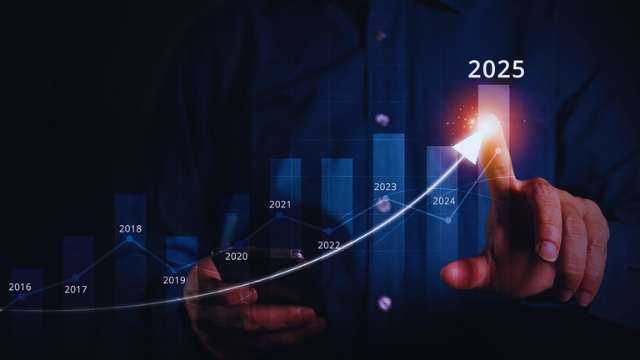As we navigate through this decade, 2025 stands as a pivotal year where businesses either evolve—or risk being left behind. The world of commerce is accelerating at breakneck speed, and the future of business in 2025 is poised to transform everything from operations and marketing to hiring and consumer engagement. To stay relevant, companies must adopt new practices, embrace innovation, and prepare for the unexpected.
Let’s take a deep dive into what 2025 holds, why these trends matter, and how you can ride the wave instead of being swept away.
The Future of Business in 2025
The phrase “what is the future of business in 2025” isn’t just a question—it’s a call to action. As we speak, industries are being disrupted, digital economies are expanding, and work environments are undergoing a profound shift. To stay competitive, businesses must not only keep up but get ahead. The future belongs to those who see the patterns before they become obvious.
Gone are the days when success meant doing more of the same. In 2025, success means transformation.
Digital-First Companies Will Dominate
In 2025, being digital-first won’t be optional—it will be foundational. Businesses that rely on traditional, brick-and-mortar operations without a strong digital counterpart may find themselves fading into irrelevance. The acceleration of cloud computing, mobile apps, AI-powered tools, and smart data will be the norm, not the exception. From marketing automation to remote work platforms, companies must embed technology into their core DNA to compete and scale.
Remote Work Will Evolve, Not Disappear
Even as offices open up, the remote work revolution isn’t going away—it’s maturing. In 2025, we’ll see a rise in hybrid teams, global hiring practices, and decentralized work cultures. Businesses will invest heavily in digital infrastructure to support virtual collaboration, asynchronous workflows, and seamless team communication.
Companies that adopt flexible work models and prioritize employee well-being will enjoy higher retention and productivity rates.
Artificial Intelligence Will Become the New Team Member
AI is no longer futuristic—it’s functional. By 2025, artificial intelligence will play a larger role in decision-making, customer service, marketing analysis, and logistics. Expect businesses to leverage AI for predictive analytics, real-time insights, and automating repetitive tasks.
But here’s the catch: AI will not replace jobs—it will redefine them. The best businesses will retrain their staff and design hybrid roles where humans and AI collaborate to achieve more than ever before.
Sustainability Will Be a Standard, Not a Strategy
The consumer of 2025 cares deeply about values—and the environment tops the list. Businesses that ignore sustainability will lose not only customers but investor interest too. Consumers want to support companies that prioritize ethical sourcing, carbon neutrality, circular economies, and green innovations.
Sustainable business practices will evolve from buzzwords to core principles. Think: biodegradable packaging, renewable energy, ESG reporting, and carbon footprint dashboards.
The Rise of the Subscription Economy
From software and streaming to groceries and fitness plans, everything is becoming a subscription. Businesses in 2025 will increasingly shift to recurring revenue models. These models offer predictable income, long-term customer relationships, and deeper insights into user behavior.
To thrive, businesses must prioritize value delivery, offer customization, and continuously evolve their offerings to keep subscribers engaged.
Cybersecurity Will Become Mission-Critical
As businesses go digital, cybersecurity will no longer be a backend concern—it will be a frontline priority. With the rise in cyberattacks, ransomware, and data breaches, businesses in 2025 must protect their data like they protect their brand.
Customers expect their information to be secure. The future will demand robust cybersecurity protocols, employee training, AI-driven threat detection, and partnerships with trusted security providers.
Consumer Expectations Will Skyrocket
Speed, personalization, and transparency will be the baseline expectations in 2025. Consumers won’t just compare your brand to competitors—they’ll compare you to the last great experience they had anywhere.
To meet these rising demands, businesses must invest in customer journey mapping, real-time support, omnichannel communication, and personalized marketing. AI-driven insights will help anticipate needs before they arise.
The Creator Economy Will Reshape Marketing
Traditional advertising is on the decline. Influencers, creators, and micro-brands are stealing the spotlight. In 2025, successful businesses will collaborate with creators, not just market to audiences.
Creators bring authenticity and access to niche communities. Businesses that form genuine partnerships and let creators shape narratives will outpace those still stuck in banner ads and outdated slogans.
Decentralized Finance (DeFi) Will Influence Business Models
By 2025, the influence of blockchain and decentralized finance will be too big to ignore. From smart contracts to crypto payments, DeFi will challenge the centralized systems we’ve long relied on.
Forward-thinking businesses will explore accepting cryptocurrency, investing in blockchain innovation, and offering transparency through decentralized ledgers. It’s about reimagining trust in a digital age.
Hyper-Personalization Will Win Over Mass Marketing
In 2025, blanket campaigns won’t cut it. Consumers expect brands to know them—really know them. With the help of AI and big data, businesses can deliver personalized content, offers, and experiences that resonate on an individual level.
Hyper-personalization boosts engagement, conversions, and loyalty. It’s no longer a “nice-to-have”; it’s essential.
Conclusion
The future of business in 2025 is both exciting and uncertain—but it’s rich with opportunity. Whether you’re a startup founder, small business owner, or corporate leader, now is the time to evolve. The winners of 2025 will be those who anticipate change and embrace it head-on.
From AI-powered insights to climate-responsible strategies and remote-first cultures, businesses that build for tomorrow today will lead the next era of innovation.
FAQs
Q1. What will be the biggest business trend in 2025?
Answer: Artificial intelligence, sustainable practices, and hyper-personalized customer experiences are expected to dominate the business landscape in 2025.
Q2. Will traditional business models still work in 2025?
Answer: Traditional models may still exist, but those not digitally optimized or customer-centric will struggle to compete in a more agile, tech-driven economy.
Q3. How should small businesses prepare for 2025?
Answer: Small businesses should invest in digital transformation, build flexible remote workflows, and stay attuned to consumer trends and technologies.
Q4. Is AI going to replace human jobs in 2025?
Answer: AI will not replace humans—it will change job roles. The future will be about collaboration between humans and intelligent machines.
Q5. Why is sustainability important for future businesses?
Answer: Consumers and investors are prioritizing sustainability. It’s not just ethical—it’s smart business. Green companies will have a stronger brand and long-term value.


